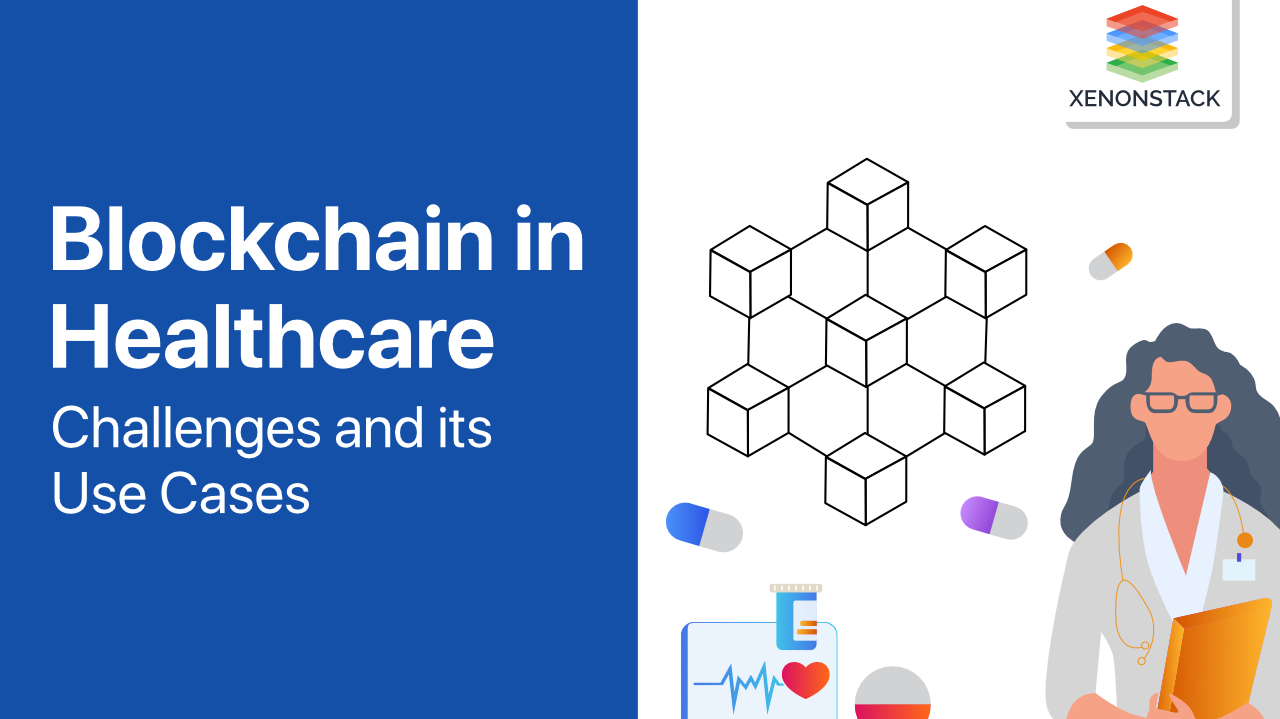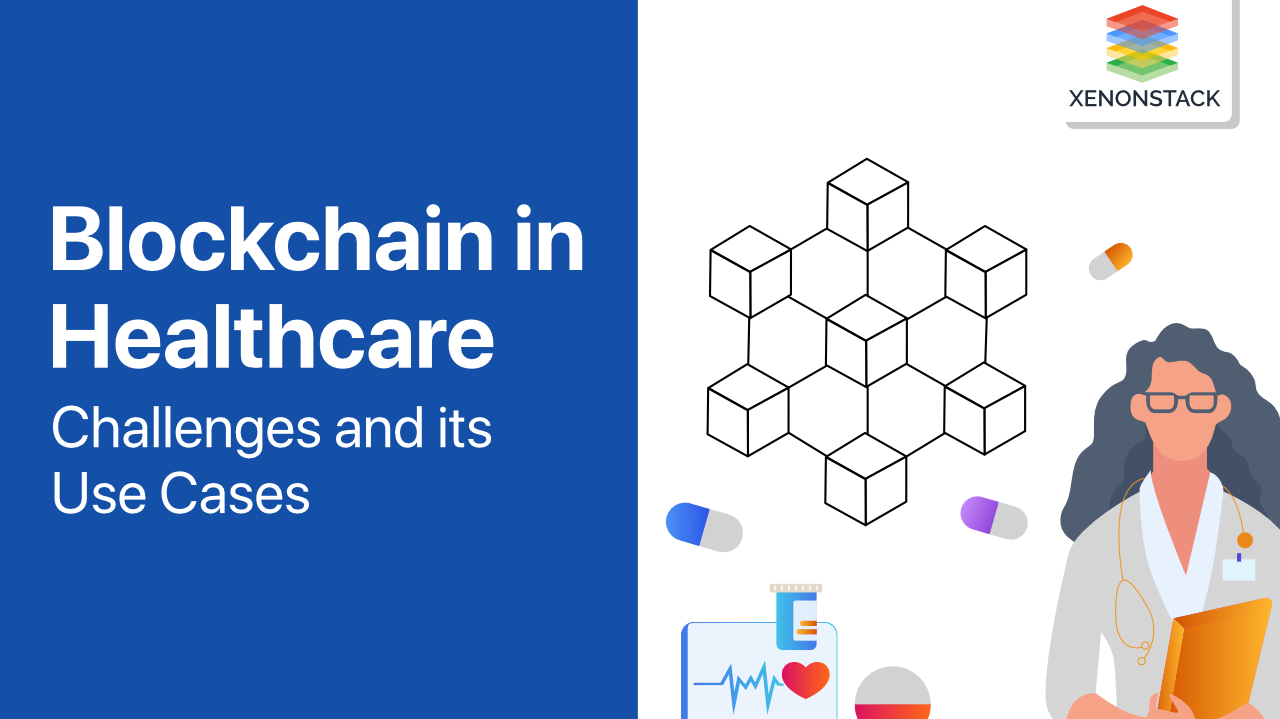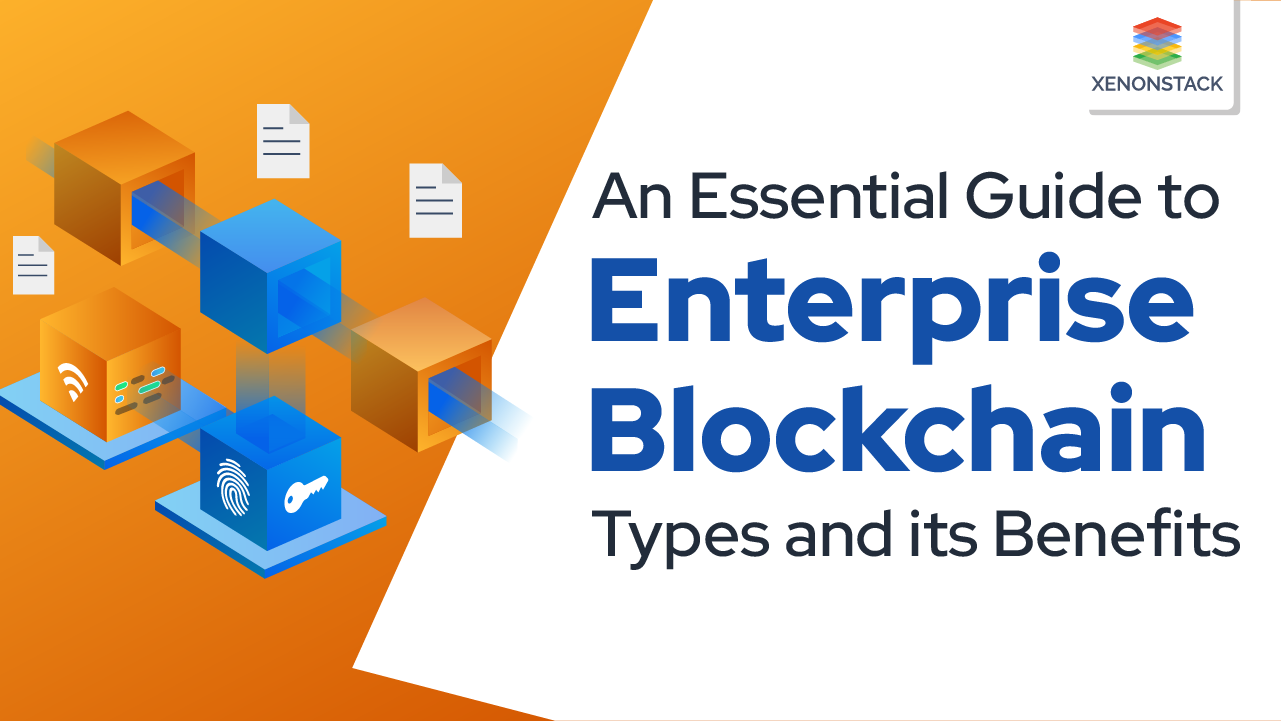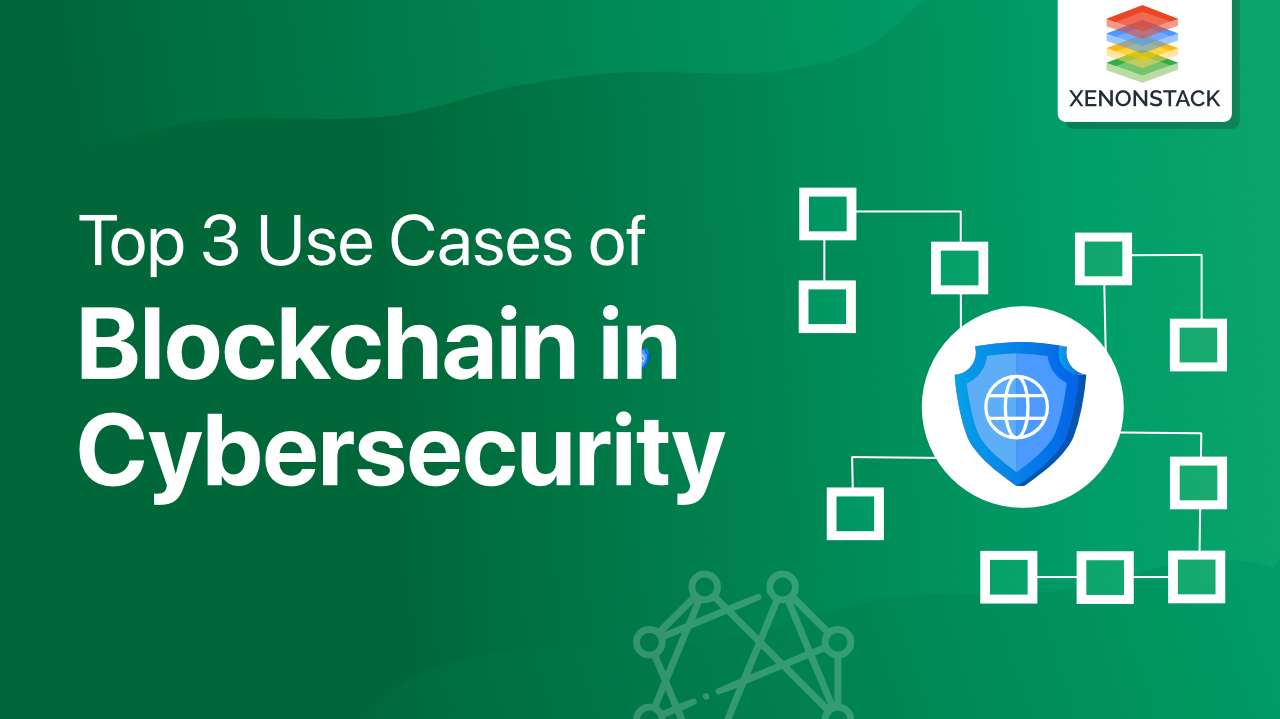
What is Blockchain in Healthcare?
It provides seamless connectivity and is powered by smart contracts and permission to access all electronic medical records. Its transaction layer can provide instant access to various standardized, anonymous, non-patient-identifiable information.
Why is it important?
A safer way to record activity, keep your data up to date, improve traceability, transparency, and actionability, and have a more significant impact in all sectors that depend on your supply chain. It also creates and maintains a cryptographically secure shared and distributed ledger (database) for transactions. It significantly improves supply chains by enabling fast and cheap delivery of products, improving product traceability, improving coordination between partners, and facilitating access to finance. I can do it.
Remove this third-party involvement and keeping the transactions only limited to the sender and the receiver. Click to explore about our, Blockchain Top Protocols
What are the best Use-cases of Blockchain?
The use-cases are listed below:
Improving Medical Record
It can store information in a way accessible to everyone on the network, completely immutable, and tamper-proof. Blockchain-based electronic medical records will empower doctors and nurses to control the flow of information from a single trusted platform.
Cutting Costs
Using this technology in healthcare can improve transparency for providers and consumers. According to BIS analysis, the healthcare industry could save up to $100 billion annually from reduced data breaches; IT costs, operational costs, labor costs, and health insurance fraud.
Tracking Clinical Trials and Pharmaceuticals
In addition to archiving compilable metadata for clinical research phases on it, it is possible to chain various clinical research steps, making each step dependent on its predecessor. It provides the tools to enable these slice-and-chain processes, called smart contracts, and can enhance the level of transparency, traceability, and control over clinical trial sequences.
In the Pharmaceutical Process
With the help of it, we can track the origin of medicines, the transportation of medicines, and the procurement of raw materials. It also reduces the number of intermediaries involved in the pharmaceutical process, reducing costs and improving security.
Supply Chain Management
The healthcare industry needs efficient solutions to streamline supply chain operations and processes cost-effectively. Major players in the healthcare sector are exploring it to achieve greater efficiency and control over their supply chains.
An internet-based technology that creates a decentralized and distributed system of anonymous and immutable transactions. Click to explore about our, Blockchain in Supply Chain Management
What are the Challenges of Blockchain?
The challenges are mentioned below:
Lack of Privacy
Information is stored in the its database, and each user has a copy of the database so that if any part of the network goes down, the data remains safe to be updated later. Many users want to keep their medical problems private. Hence, it interferes with an individual's privacy.
Absence of a Central Entity to Work on
Because healthcare is a distributed system, there is not necessarily one entity that can take this and impose it on others. There is no governing body, but there is the College of Health Management Information Management (CHIME). Last year, CHIME presented a challenge to a provider willing to tackle the problem of unique patient identification. The winner will receive $1 million. As far as I know, no one has applied yet. Maybe a million isn't enough incentive to tackle the problem, but the lack of effort is a challenge for technology like it, something many outside the IT industry hasn't even heard of.
Lack of Paperless Method Adoption
Many users and doctors prefer to keep medical records in a file system. Some pharmacies are not 100% undocumented. Most drug stores use prescriptions to keep a record of their drugs. Patients also keep paper works for their practical use. Therefore, adapting to a completely paperless blockchain network is a difficult task.
Lack of Cost Reduction
It is still an expensive technology. To mine, users need expensive hardware and software. This involves expensive GPUs for cryptocurrency mining. For mining, each block of electricity is also needed. But the privileges enjoyed by minors are inadequate. This technology is, therefore, costly.
An advance in cybersecurity for the digital world and helps ensure compliance with the CIA's cybersecurity triad. Click to explore about, BlockChain App Development with Serverless
How to Scale Blockchain in Healthcare Industry?
The use of it can increase interoperability while safeguarding data confidentiality and security. It contains inherent integrity and complies with strict legal regulations. Increased interoperability will benefit health outcomes. It enables different parts of the healthcare value chain to share access to their networks without compromising data. It is a private, secure, trustworthy, and transparent exchange of information performed in a decentralized manner. In this case, records are intended to be updated regularly, and there are no differences between the two databases, which simplifies reconciliation and validation efforts. This review focuses on how it addresses scalability challenges and provides healthcare solutions through implementing it.
What's Next?
It may also increasingly support financial transfers between patients and care centers, especially at the micropayment level. In new value-based healthcare models, payment for services provided by providers may be based on well-being rather than quantity. It allows healthcare systems to keep medical records confidential and update patient data securely across multiple facilities and locations in real-time.
Being open and highly secure means it can be used in many ways in the healthcare industry, resulting in significant cost savings and new ways for patients to access healthcare. Combining data and innovation, future-proof technology can be further applied to drive an era of growth and innovation. Pioneer companies are already laying the groundwork for its revolution.
Conclusion
Blockchain technology can transform the healthcare IT infrastructure from a centralized, isolated, small-scale system to a decentralized, decentralized, global system. It can transform the health care computing infrastructure from a centralized, isolated, small-scale system to a decentralized global one. It can transform the healthcare industry's IT infrastructure from a centralized, isolated, small-scale system to a decentralized, decentralized, global one. This could dramatically enhance the quality of care provided and eliminate costly administrative inefficiencies. It may also increasingly support financial transfers between patients and care centers, especially at the micropayment level. In new value-based healthcare models, payment for services provided by providers may be based on well-being rather than quantity.
- Discover here about Decentralized Identity Future of Web 3.0
- Read more about Blockchain in Cybersecurity
- Explore here Use Cases of Blockchain for Insurance Industry


